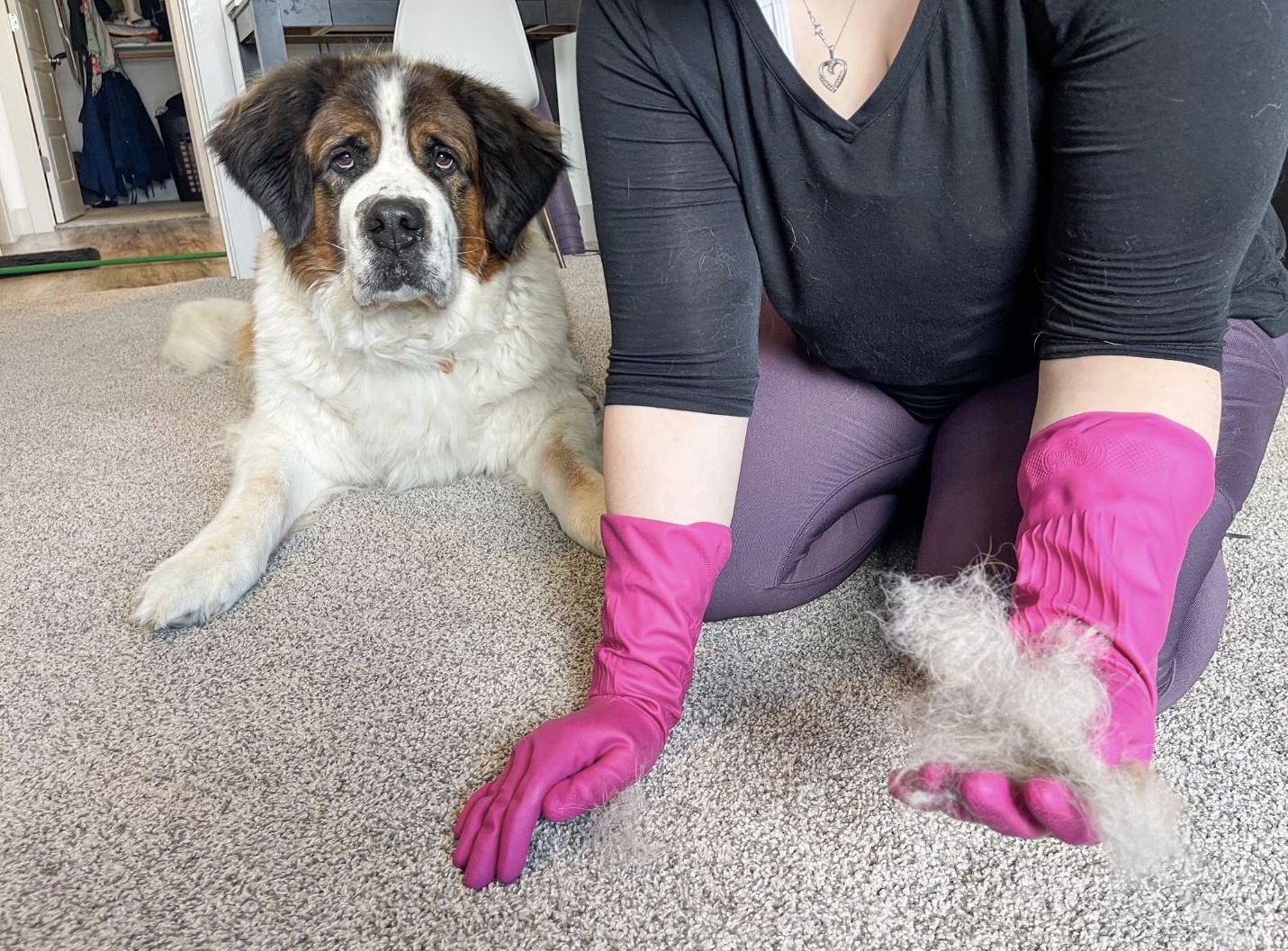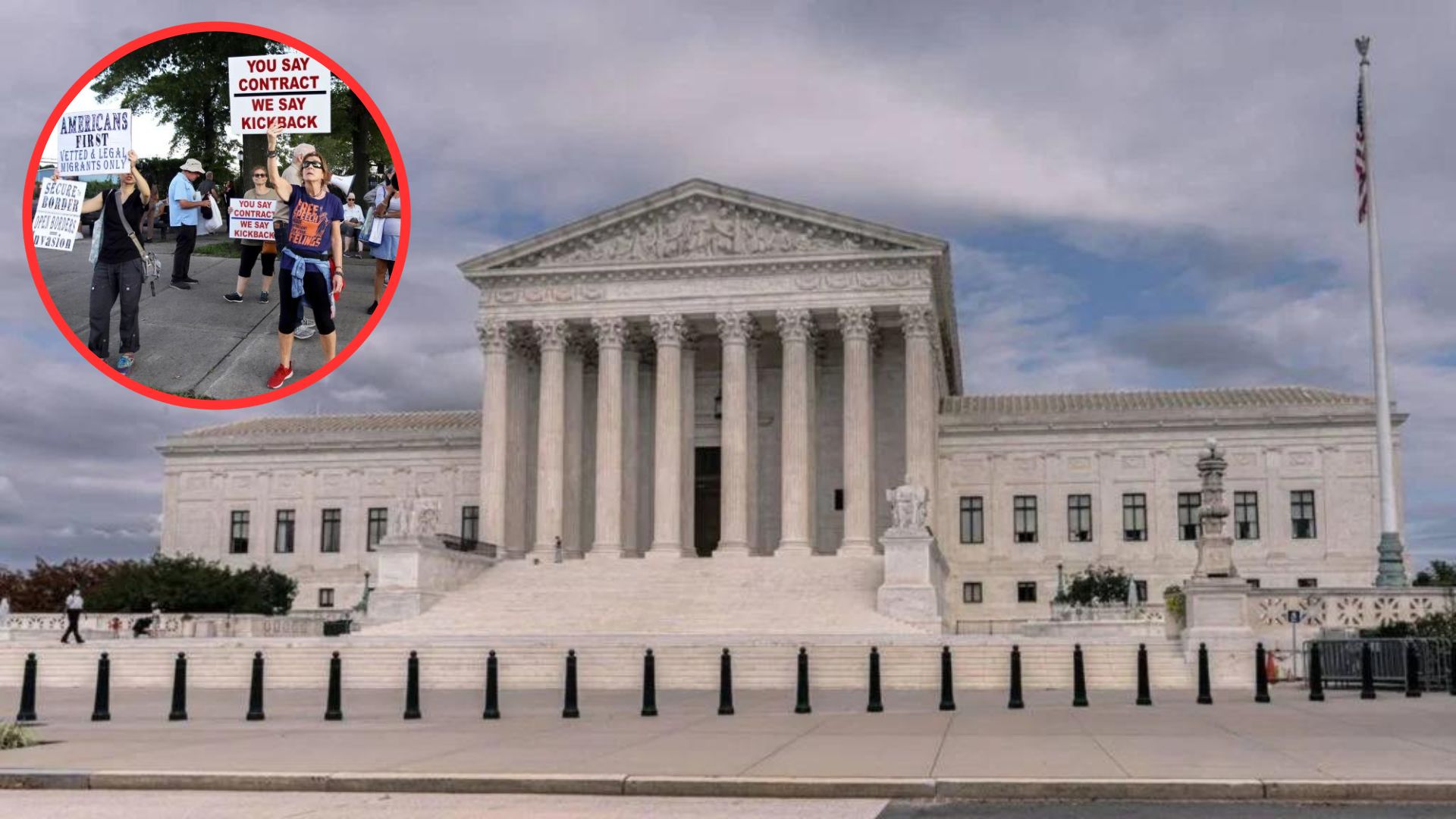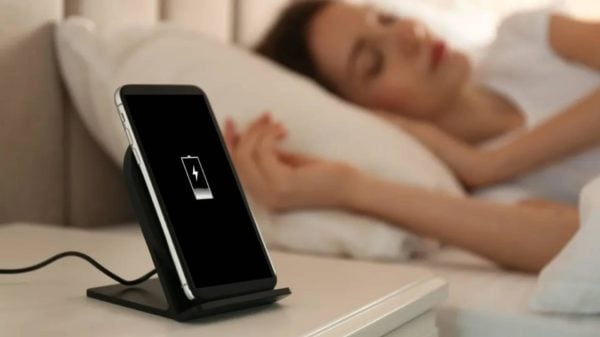Deborah Laufer, a person living with disability, is also a perennial plaintiff who has filed at least 600 different lawsuits against small businesses in Maryland. While the law is not against filing different lawsuits to address various grievances, Laufer’s case has a weird twist to it.
A Maryland Federal High Court has observed that the lawsuits follow similar patterns. Many of them involve small hotels she accuses of not providing sufficient information about their accommodations online.
That’s not all. Laufer’s lawyers have also been known to hire people with questionable ethics. For example, one of them, Tristan Gillespie, was suspended by the United States District Court for the District of Maryland for 6 months for filing hundreds of ADA (Americans with Disabilities Act) lawsuits.
The disciplinary panel stated that his actions were dishonest to the court and unfair to the opposing counsel, and as such, violated the rules of professional conduct which he is bound by.
Another lawyer, Thomas Bacon, was described as “Gillespie’s boss” and said to have masterminded a scheme “that raises serious ethical concerns.” Meanwhile, a third attorney, Daniel Ruggiero, has faced a 1 law practice ban due to a scheme involving homeowners with unpaid mortgage bills.
More than just the pattern of the cases and her preference for unethical lawyers, there’s a bigger issue at play. Laufer claims that she’s a “Reservation Rule ‘tester’.” She surfs the internet for hotels that flaunt the Reservation Rule that mandates them to disclose whether people with disabilities can access their room on their websites.
The Supreme Court, in Havens Realty v. Coleman (1982), considered a case where two individuals (one Black and a White) played undercover roles as intending customers to “test” a hotel’s stand against racial discrimination. While the White was given accommodation in the hotel, the Black was told that there were no available rooms even though there were.
The court ruled that the Black, even though a “tester,” had the legal backing to institute a discrimination action against the hotel. It is on this ground that Laufer confidently and unwaveringly stands. She claims that she is no different from the testers in Havens Realty v. Coleman and has every right to sue non-compliant hotels.
However, in Acheson Hotels v. Laufer, one of her several lawsuits, the hotel claims that she doesn’t have the “standing” to file a claim as she never intended to stay in the hotel. Moreover, the Supreme Court has always held that Federal litigants cannot sue for “general grievances.”
That is, they must be able to prove that the defendant’s actions injured them in a way that is particular or specific to them. This is a major difference between Havens Realty v. Coleman and Laufer’s case. The case is scheduled for argument on October 4.
Legal experts believe that the Supreme Court will most likely dismiss Laufer’s case for lack of standing. For them, this will be a step further in the fight against plaintiffs’ attempts to push the boundaries of the jurisdiction of the Federal Courts. Unfortunately, it may also discourage aggrieved people with disabilities from seeking justice. This is especially because there’s already a loophole in the ADA that needs to be fixed.
According to the Act, the only remedy available for plaintiffs is an injunction mandating the hotel to comply with the regulations. As such, people with disabilities who travel long distances only to discover that there are no accessible accommodations will not be reimbursed or awarded any damages for their transport costs or suffering.
Hopefully, the Supreme Court and Congress will create a balance by maintaining their stance against indiscriminate lawsuits while also amending the ADA to cater more to victims of non-compliant hotels.











































